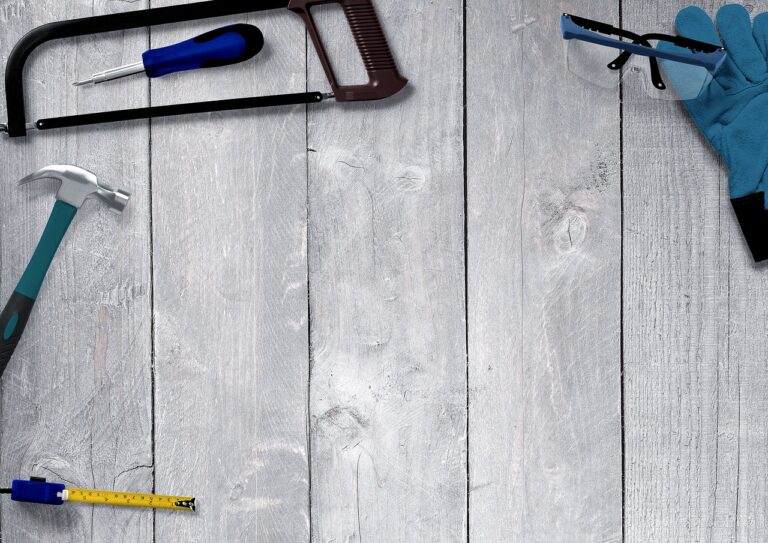UK Correspondent: Peter Minkoff
An interesting project that can revitalise your living area, raise its value, and improve your comfort, in general, is house renovation. However, without adequate financial preparation, home improvement projects can easily get out of hand and put a strain on your finances. It’s essential to enter the refurbishment process with a clear budget and a well-thought-out strategy in place if you want to guarantee a successful and stress-free experience. In this post, we’ll examine five crucial suggestions for creating a budget that works throughout a house renovation.
Set Clear Priorities
Establishing clear priorities should come before you get into the finer elements of your home remodelling project. Decide which parts of your house need to be fixed right away and which ones can wait. This will enable you to handle your funds more wisely and prevent you from overpaying on items that are not absolutely necessary. Maybe your living room just needs a fresh coat of paint, but your kitchen cabinets are old and need to be replaced. By establishing priorities, you may direct your financial resources where they are most needed and get the outcomes you want without incurring a lot of extra costs.
Research and Obtain Multiple Quotes
Homeowners frequently make the error of choosing the first contractor or supplier they encounter. To make well-informed judgements that fit your budget, research is essential. Spend some time investigating various contractors, suppliers, and supplies. Obtain many quotes for the labour, supplies, and any additional services for each component of the reconstruction. This phase might show you cost inconsistencies and help you comprehend market rates. Keep in mind that the objective is to obtain the best value for your money, not to sacrifice quality.
Plan for Potential Issues
Renovations to homes rarely go as expected. Unexpected problems can occur, such as hidden water damage or structural difficulties that require rapid care. To prevent budget overruns, these scenarios must be planned for. Set aside some money from your budget as a contingency reserve to cover unforeseen costs. This fund can serve as a safety net, making sure you have the money on hand to deal with any unforeseen expenses that may arise during the renovation process. For instance, plumbing issues frequently come as a surprise to homeowners. It’s best to engage an expert plumber from Indooroopilly in these situations to fix the problem quickly and effectively while minimising the impact on your budget.
Opt for Cost-Effective Alternatives
Home improvements don’t have to be expensive. There are several affordable options available that might assist you in getting the result you want without sacrificing quality. For instance, for a new look, think about refinishing or repainting kitchen cabinets as opposed to completely replacing them. Similarly, you might look at recycled or used materials that offer cost and sustainability. Being open to different options can greatly reduce your overall refurbishment expenditures while still producing an aesthetically pleasing and useful end product.
Track Expenses Diligently
Keep close tabs on your spending as the remodelling project develops. Keep thorough records of all purchases, regardless of how little they are. This will help you keep within your budgetary constraints and provide you with a clear picture of where your money is going. You may help with this process by using a variety of budget-tracking tools and applications, which make it simpler to keep tabs on your spending and make modifications as needed. You may spot any potential areas of overspending and take action before things get out of control by regularly examining your costs.
In conclusion, a well-planned budget that takes into account priorities, research, contingencies, cost-effective solutions, and thorough expense tracking is the foundation of a successful home renovation. Following these budgeting advice will not only help you save money, but it will also make the remodelling process simpler and more pleasurable for you.
Contact Phillip Quay
Phone: 027 458 7724
Email: phillip@mediapa.co.nz
Website: mediapa.co.nz




